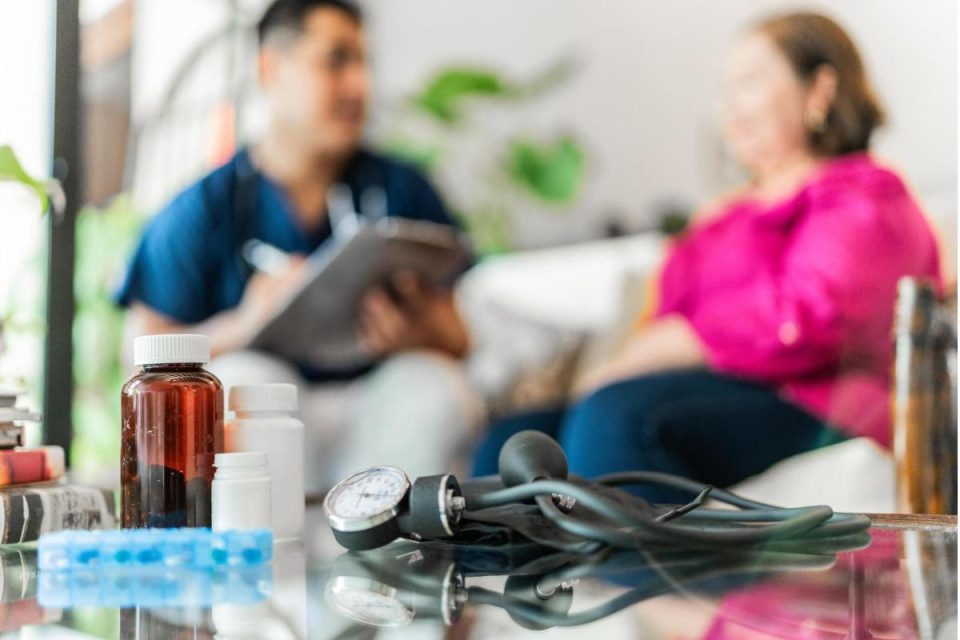Cleaning out your body means cleaning out your mind, too. Detoxing is the first step toward recovery from a substance use disorder. Too many people believe that detox only lasts a few days and is not so bad. That couldn’t be further from the truth.
Cleansing your body of toxins can be painful and uncomfortable, especially when you consider what kind of substances are being flushed out of your system. Addiction is an internal battle, and detoxing is just one more external struggle to add to the list.
Table of Contents
What Happens During Drug and Alcohol Detox?
When entering a recovery center, detoxing is when your body gets rid of all the stuff you’ve been feeding it. It’s a process that can take anywhere from a few days to a few weeks, depending on your substance use disorder severity. There are several different detoxing methods, and each one comes with its own set of pros and cons. Before choosing a detox method, you’ll want to consult with a professional to weigh your options. Many different substances can be toxic to your body, but drugs and alcohol tend to be some of the most common.
Pain and Discomfort
Detoxing in a recovery center can cause severe physical and psychological discomfort. You may feel restless and uncomfortable or experience strong aches and pains. These symptoms will subside as the detox progresses, and pain management strategies can help keep symptoms under control until they do. While some of these symptoms will fade over time, others are part of the healing process, and they should not be treated as problems to solve. During detox, your body is healing from the inside out. You may experience headaches, fatigue, or joint and muscle aches. These symptoms result from the chemical changes that are taking place in your body. While these symptoms are unpleasant, they are expected. The discomfort and pain may be managed with medications.
Psychological Effects
For many, detox is much more than just a physical process. Your mind and body are inextricably linked, and detoxing affects both. As your body begins to purge itself of toxins, you may experience symptoms of anxiety and depression. The good news is that these symptoms should fade as the detox progresses. During detox, you may be prescribed psychiatric medications to help manage these symptoms. Detox is often described as a roller coaster ride. One day you’re up, and the next day you’re down. Some days you want to get out of bed, and some days you just want to throw in the towel. People entering a detox program are often encouraged to join a support group. These groups provide an outlet for the ups and downs of detox.
The Good News
The good news is that detox symptoms are short-lived. Although you may feel like you’re going through it alone, you’re not alone in this process. There are others around you who understand what you’re going through and can offer support. Each detox is different, and the detox process can be modified based on individual needs. While the detox period itself may be more challenging than you expected, you’ll soon emerge on the other side, feeling better than ever before.
Final Words
In the end, detoxing is an essential first step in your journey toward recovery. While it’s common to feel a bit down in the dumps while detoxing, there are ways to manage these symptoms and get as painlessly as possible. And when you’re done, you’ll be one step closer to a healthier, happier, more fulfilling life. From there, it’s up to you to make the most of your situation and ensure that the next chapter in your life is one you’ll enjoy reading.

